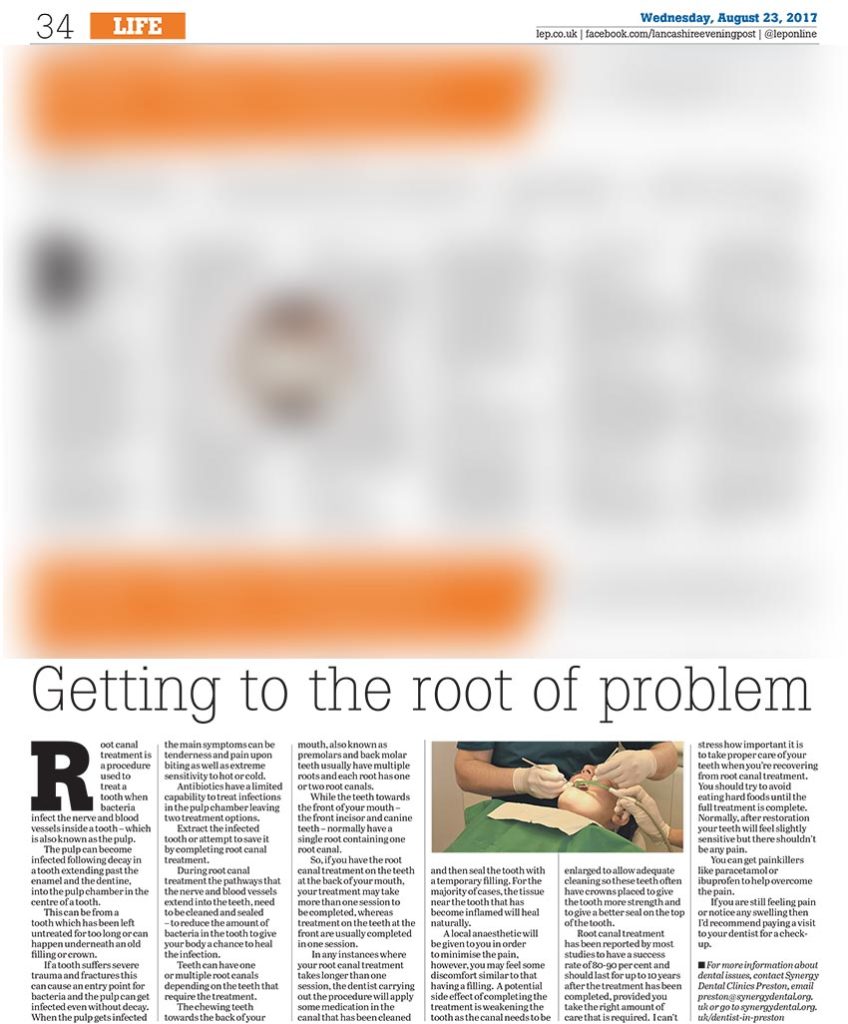Q. What is tooth enamel? Can it be restored if it gets damaged?
A. Basically, tooth enamel is the natural outer covering of the crown of a tooth–which is the hardest natural substance in the human body. It is what you see when you see your smile or when someone else smiles at you and is composed of minerals and while it’s quite strong it’s also relatively thin, too–with 1.5mm being its thickest dimension.
The large majority of a natural tooth is composed of dentin, but the enamel is what you see above the gums when you smile. Contrary to what the general population thinks, tooth enamel isn’t solid white but in fact, it’s actually see-through–whichallows the light to pass through it. The combination of the natural colour of the dentin under the enamel, coupled with the translucent composition of the enamel is what gives teeth their light appearance.
In actual fact, most teeth are the colour of ivory as opposed to being completely white. Tooth enamel is extremely crucial towards ensuring that your teeth don’t decay–therefore it’s important to do everything possible to prevent your tooth enamel from eroding. It creates a strong barrier that protects the inner layers of your teeth from the harmful effects of acids and plaque–it also protects the sensitive inner layers of your teeth from foods and drinks that are hot or cold. If in the instance that the tooth enamel is destroyed slightly or even completely it cannot be repaired or replaced. This is because of the fact that unlike other parts of the body, tooth enamel does not contain any living cells–therefore it cannot be regenerated, like your bones, for example.
The main cause of loss of tooth enamel is acid– it likes to eat away at the enamel, which erodes it over time. This can leave the tooth extremely exposed and vulnerable when it is lacking its main source of protection. Acid is produced in your mouth in a number of ways, with the most common sources coming from the food that we eat. But it isn’t limited to just that either –other reasons why acid is produced in your mouth are; dry mouth, teeth grinding, gastrointestinal tract issues, acidic medicines, low production of saliva and even your genetic make-up.
Over recent years, dentists have found that tooth erosion–as a result of acid production in your mouth–can be caused by environmental factors, too. For example, if your mouth produces friction, you are under a lot of stress, or if your teeth are just worn, the acid production in your mouth could increase. How vigorously or frequently you brush your teeth also contributes towards the loss of enamel – if you brush too often or a bit too hard then your teeth will become weaker and more sensitive.
Therefore while tooth enamel cannot be restored, it can be protected. Foods, drinks, and fruits that contain a lot of acids are the most damaging to your tooth enamel because when they stick to your teeth and mix with bacteria in your mouth, the lactic acid they produce can damage your enamel–so you should try and avoid these foods as much as you can and if you do eat them, make sure you brush afterward.
For more information about dental issues, contact Synergy Dental Clinics Preston, email preston@synergydental.org.uk or go to https://synergydental.org.uk/synergy-dental/dentist-in-preston/

